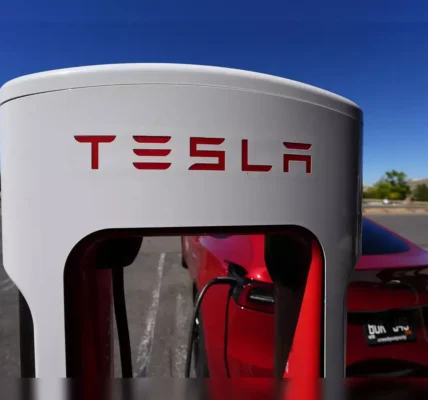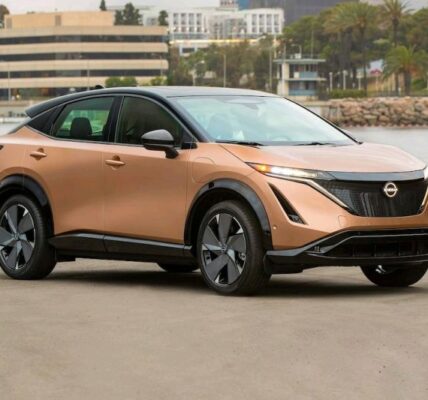There is no shortage of EV charging woes at the moment on either side of the Atlantic, with infrastructure quite far from keeping up with the rate of electric vehicle adoption. But while the US has the added issue of vast geography to worry about when it comes to charging point coverage, European countries are hardly better off for a whole host of other reasons.
But what if in addition to public charging stations, which are still in short supply, you could also use residential chargers?
That’s the concept behind UK’s JustCharge and its partnership with charge point mapping service Zap Map, allowing app users to find and book times at residential chargers. This means that 1600 individual JustCharge locations in the UK can now be found and used via the app.
“With the typical home charging point not being used for 90% of the time, JustCharge hosts can bring in additional household income, helping to offset the costs of buying an electric vehicle,” JustCharge explains. “In addition to the Zap-Map and JustCharge customer base, charging spaces will also be visible to the tens of thousands of drivers who already use JustPark for EV parking.”
The company found that one in five Britons with EVs in the household are willing to share their home chargers with others, especially those who might not always have access to a station at home or at work.
To use the network, EV owners just need to search for an EV charger in their area via a phone app, book the time they want, and then show up to park in the designated spot. The app handles the payment and other management tasks for the EV owner and for the host.
The app also allows the hosts to list their chargers, set their own prices and schedule, and then just await EV owners.
“With ever more drivers making the switch to electric, access to a local charger is becoming increasingly important,” said Ben Lane, co-founder and CTO at Zap-Map. “Although the public charging network is expanding rapidly, there is a real need for community charging closer to home, providing a viable option for those without a driveway to charge an EV.”
Renting out one’s EV charger, or P2P charging, might not solve all the issues with charging infrastructure overnight, but with enough volume, it could alleviate a lot of the range anxiety that still keeps drivers away from buying EVs.
In the US, a company called EVmatch offers a similar platform, letting private charge point owners list their chargers on an app. The company indicates that hosts can earn an average of $15 a week.
This charging concept is still far from an everyday convenience stateside. There is no way to drive across the US purely by using residential chargers.
Will P2P charging take off as EV adoption rates increase stateside?
For now, this is perhaps a more niche category of passive income in EV-heavy areas rather than a massive boost to the nation’s EV infrastructure. But as individual US states work to phase out the sales of gas and diesel-powered cars and trucks over the next decade, such charging services could take on a newfound importance.








